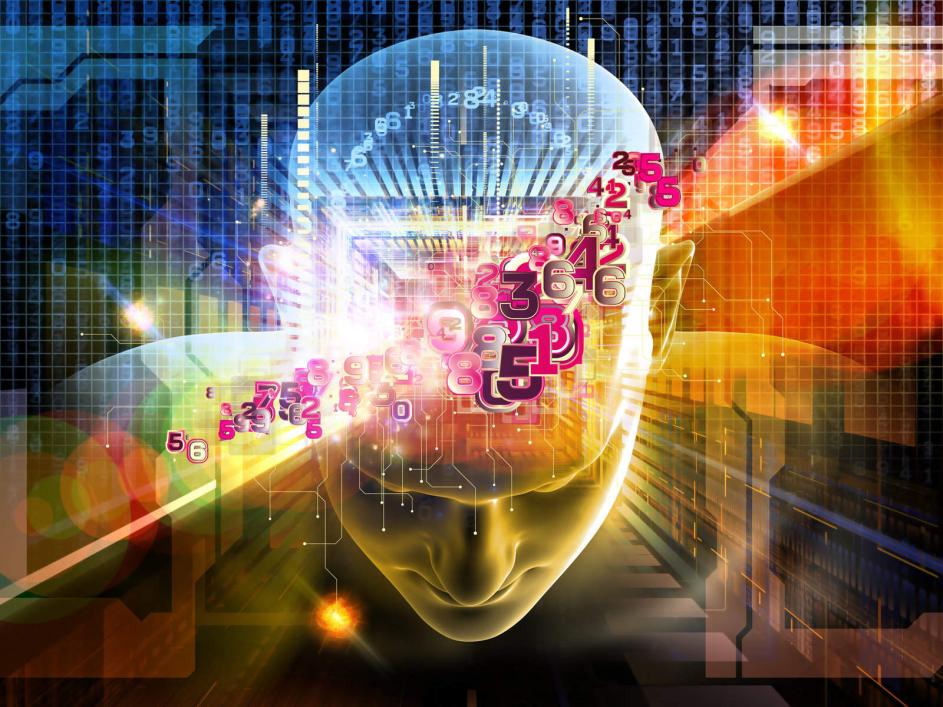Artificial Intelligence is one of the most popular buzzwords of the past decade. The government is particularly keen to find out how they can use it to shore up their own cybersecurity and the Internal Revenue Service recently put in a request for more information on how AI can help them. They want to know how to use a system that constantly learns from its environment and identifies trends that officials would have missed otherwise.
Majority of the current cybersecurity implementations use signature and rule-based methods that require a high-level of human input. Reports have shown that human interactions are the source of the greatest threat when it comes to cybersecurity and any technology which mitigates that risk is highly sought after. AI is one solution that shows great promise.
Training AI
Artificial Intelligence is the practice of training a computer system to emulate human behavior. A certain amount of human interaction will always be required but being able to rely on a machine that can learn from its environment in order to protect the system is a brilliant idea because the machine will not be prone to the same vulnerabilities as humans. For AI to be successfully implemented in security protocols, the analysts must concentrate on three areas which are data, deployment, and discovery.
More Data Better Result
AI requires large volumes of data input for it to process. A large data inventory gives the algorithms a set of precedence to refer to when making decisions. Giving the algorithms more data gives them a better understanding of the security threats that they will be up against and how to deal with them.
Supervised vs Unsupervised Models
Deployment is the process of using the technology to scan data and provide reports on trends that would otherwise have been missed. The discovery of relevant data will allow the analysts to create supervised and unsupervised models. Supervised models use data sets with known outcomes to understand what caused a specific outcome. Unsupervised models look for outliers that can cause unforeseen outcomes.
in Conclusion
I'm sure 2019 will be buzzing about AI, exciting new technologies and application will emerge and companies will be able to use the knowledge gained from their AI models to improve their security measures. How soon do you think AI will take over cybersecurity?





